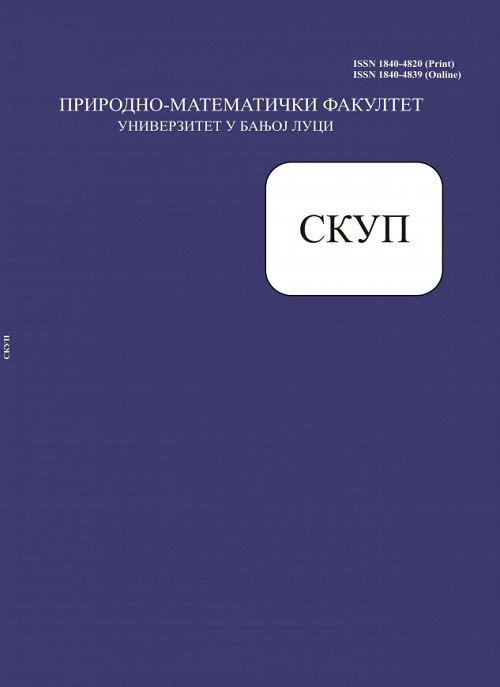POST-SOCIALIST URBAN TRANSFORMATION OF BANJA LUKA
DOI:
https://doi.org/10.7251/SKPEN191002041MAbstract
Contemporary urban concept of Banja Luka at the begginig of the 21st century is established in terms of the post-socialist society or so-called transition. Urban space becomes the ground of interweaving different interests and reflects the overall social conditions. New social relations shift the approach toward urban development planning (economic, social, infrastructural, spatial), which is at the discrepancy between the city population needs and interests of the individual social groups. The newly established physical structures change the urban concept in the long-term period and actualize the problem of efficient and equitable managment of urban space and the establishment of sustainable urban structures in the function of overall development. The paper focuses on various aspects of modern transformation of urban space of Banja Luka with a critical review of the established practice and urban structures and points out the problems of socio-economic development and spatial-functional organization resulting from elemental development and conflict of different interests in the post-Socialist society.

